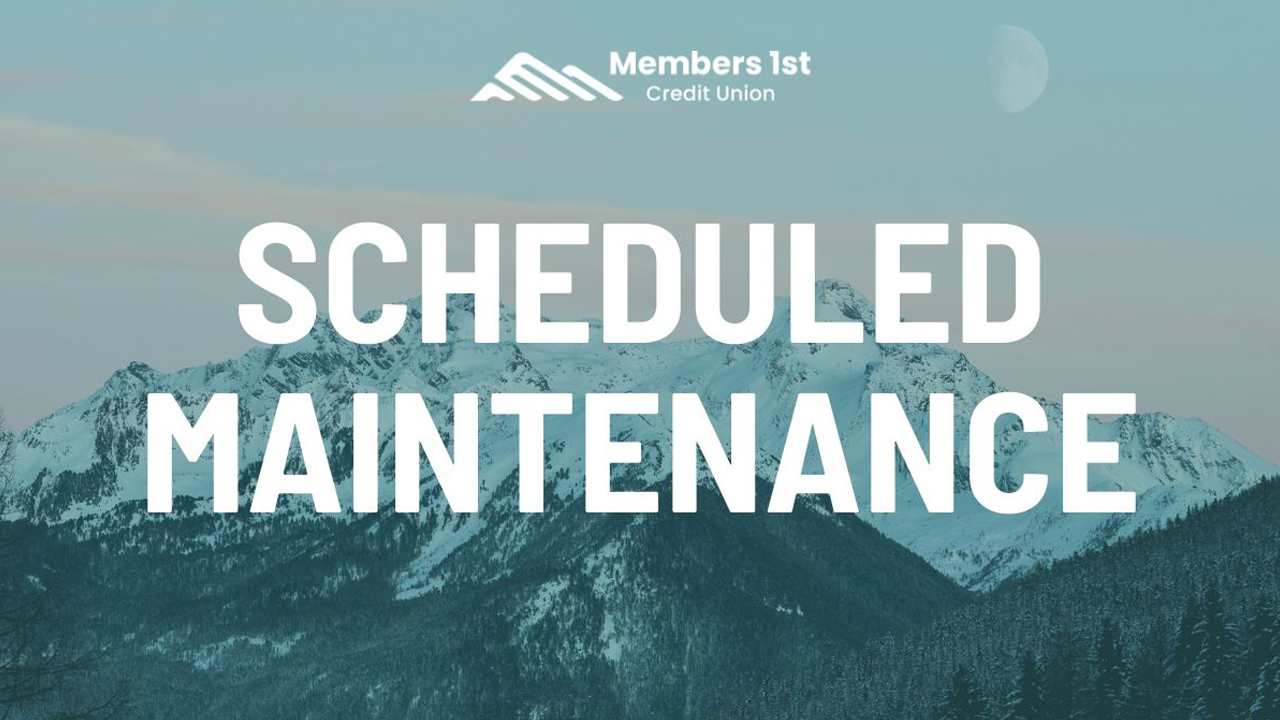.jpg)
Credit Card Smarts: How to Maximize Benefits Without Overspending
Credit cards offer plenty of advantages, from building your credit history to earning cash back and travel rewards. However, without careful management, they can also lead to overspending and long-term debt. To ensure you get the most out of your credit cards without financial stress, we’ve compiled strategies for maximizing benefits while keeping your spending in check.
1. Pick the Right Credit Card for Your Lifestyle
Choosing the right credit card is key to maximizing benefits. Different cards cater to different needs:
- Cash Back Cards: Great for those who want direct cash rewards on everyday purchases like groceries and gas.
- Travel Rewards Cards: Ideal if you frequently travel and want to accumulate points or miles.
- Low-Interest or No-Annual-Fee Cards: Perfect for those who occasionally carry a balance or want to avoid fees.
- Balance Transfer Cards: A good choice if you're looking to consolidate debt from other high-interest cards.
Pro Tip: Compare cards based on your top spending categories. If you spend a lot on dining or travel, look for a card with elevated rewards in those areas.
2. Set a Budget and Stick to It
One of the easiest ways to overspend is by treating your credit card like free money. Instead, set a monthly spending limit and track your purchases:
- Set a Spending Limit: Even if your credit limit is high, keep your spending in line with your actual budget.
- Track Expenses: Utilize online banking, mobile apps, or eStatements/eAlerts to monitor transactions in real time.
- Plan Large Purchases: If you’re making a big purchase, ensure you can pay it off by the next billing cycle to avoid interest.
3. Pay Your Balance in Full Each Month
This is one of the most important rules of credit card management. Paying off your balance in full each month not only prevents interest charges but also keeps your credit utilization low, which helps maintain a healthy credit score.
Pro Tip: Set up automatic payments for at least the minimum balance to avoid late fees and penalties.
4. Take Advantage of Rewards Without Overspending
Credit card rewards can be tempting, but they shouldn’t drive your spending decisions. Use your card for purchases you would make anyway, and avoid spending just to hit reward thresholds.
- Use Cards Strategically: If you have multiple credit cards, use the one offering the highest rewards for a specific category (e.g., 5% cash back on groceries).
- Maximize Sign-Up Bonuses: Many cards offer lucrative bonuses if you spend a certain amount within the first few months. Plan your spending carefully to meet these requirements without overspending.
5. Understand Fees and Interest Rates
Credit card companies make money through interest and fees, so it’s crucial to understand these costs:
- Annual Fees: Some cards charge annual fees but offer higher rewards or perks. Ensure the benefits outweigh the cost.
- Interest Rates: If you carry a balance, you’ll pay interest. Look for cards with low APRs if you anticipate not paying off the full balance every month.
- Foreign Transaction Fees: If you travel internationally, choose a card without foreign transaction fees.
- Late Fees: Avoid these by setting up payment reminders or automatic payments.
6. Use Your Credit Card to Build Credit
One of the most important benefits of a credit card is the ability to build a solid credit history. Lenders look at your credit score when you apply for loans, mortgages, or even jobs in some cases.
- Keep Credit Utilization Low: Aim to use less than 30% of your available credit limit. For example, if your limit is $5,000, try to keep your balance under $1,500.
- Avoid Applying for Too Many Cards: Each application results in a hard inquiry on your credit report, which can temporarily lower your score.
- Maintain a Long Credit History: The longer your credit accounts are open, the better it is for your credit score. Avoid closing old cards unless they have high fees.
7. Protect Yourself from Fraud
Credit card fraud is a growing concern, so it’s essential to take steps to protect yourself:
- Monitor Your Statements: Regularly check your statements for unauthorized charges.
- Enable Alerts: Set up transaction alerts to be notified of purchases in real time.
- Be Cautious Online: Only shop on secure websites and avoid sharing your credit card details over unsecured networks.
8. Redeem Your Rewards Wisely
Maximizing your rewards isn’t just about earning them—it’s also about redeeming them effectively:
- Cash Back: Opt for direct deposits or statement credits to ensure you get full value from your cash-back rewards.
- Travel Rewards: Use points or miles during peak travel seasons when flights and hotels are most expensive.
- Gift Cards or Merchandise: Be cautious when redeeming for gift cards or products, as these redemptions often offer less value per point.
9. Watch for Promotional Offers
Many credit card issuers run limited-time promotions where you can earn extra points or cash back in specific categories.
- Rotating Categories: Some cards offer quarterly rotating categories with higher cash-back rates (e.g., 5% on groceries for a particular quarter).
- Seasonal Promotions: Look for offers around holidays or travel seasons, when issuers often provide bonus rewards.
10. Don’t Let Credit Cards Become a Burden
While credit cards can provide financial flexibility and rewards, they should never become a source of stress. If you find yourself struggling to manage multiple cards or high balances:
- Consider Consolidation: Balance transfer cards with 0% introductory APRs can help consolidate and pay down debt.
- Seek Financial Advice: If credit card debt feels overwhelming, consider speaking with a financial counselor to develop a repayment plan.
Credit cards, when used wisely, are powerful tools for building credit, earning rewards, and managing finances, the key is to stay disciplined. Spend within your means, pay off balances in full, and take advantage of perks without overspending. By following these tips, you can enjoy the benefits of credit cards while staying on solid financial ground.




.jpg)